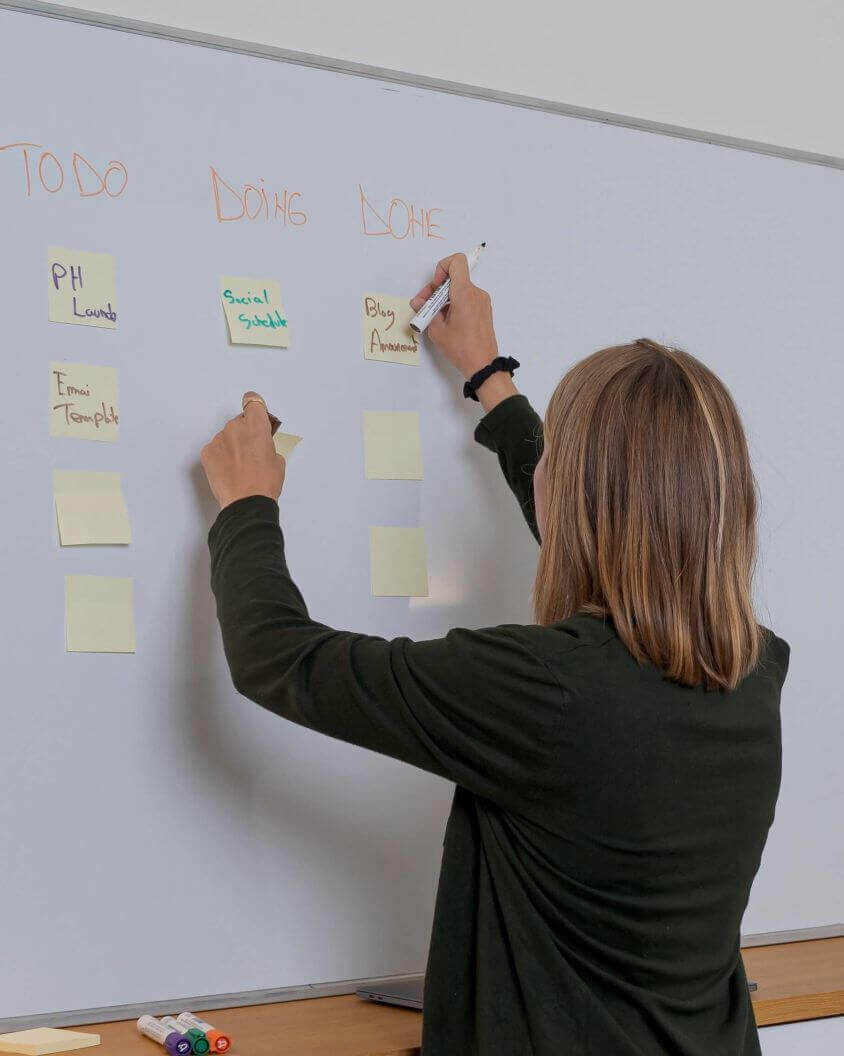BCS Modelling Business Processes and certification
BCS Modelling Business Processes supports business analysts and those seeking certification. BCS Modelling Business Processes is key for business analysis practice and business process improvement. Online courses and e-learning offer BCS Modelling and BCS Modelling Business Processes modules. The BCS certificate covers process modelling, business processes, and analysis course content. Business BCS Modelling and BCS business processes provide practical solutions for process modelling business and managing and implementing change.
Virtual classroom and training modules
Virtual classroom, instructor led training, and remote sessions allow delegates to explore process business modelling. Apprenticeships, coaching, and hands-on sessions help candidates build expertise at every task level. The BCS Foundation and BCS International Diploma are recognised certifications for business process model and business skills.
Modelling BCS processes and analysis techniques
Business analysts use modelling BCS processes to identify actors, analyse systems, and document business rules. Cloud computing, data science, artificial intelligence, and software testing are covered in courses. Case studies and analysis techniques help participants understand business modelling processes and process flows.
BCS process modelling and process improvement
BCS process modelling includes documenting business, creating diagrams, and measuring process performance. BCS Modelling Business focuses on improvements, analytics, and delivering successful outcomes. Delegates can book, register, and log into the academy platform, or access via partners and providers. The training is beneficial for careers in project management, healthcare, finance, and manufacturing.
Exam and certification pathway
Exam included is a closed book examination with multiple choice questions. Upon completion, candidates attain BCS certification. The programme offers comprehensive education, structured modules, and engaging scenarios. Those looking for analysis practice, technical solutions, and implementation guidance will find the BCS process modelling pathway valuable.
BCS Modelling Business Processes enhances efficiency and clarity in organisational workflows.
BCS business processes modelling supports effective analysis and continuous improvement, while BCS Modelling Business Processes helps organisations visualise and optimise operations.
BCS process modelling streamlines business activities for better outcomes, and business process modelling with BCS enables informed decision-making and process innovation.
Modelling business processes with BCS identifies opportunities for operational excellence.
BCS Modelling Business increases transparency and process understanding.
Business modelling processes with BCS drives organisational adaptability and growth, and process modelling business using BCS uncovers areas for workflow improvement.
Modelling of business processes by BCS delivers actionable insights for transformation, and processes of BCS modelling focus on value creation and efficiency.
BCS Process Modeling encourages collaboration and shared business goals, while business BCS modelling empowers teams with accurate process documentation.
BCS Processes Modelling ensures compliance and operational excellence.
BCS Modelling Business Processes are essential for elearning and e-learning platforms, providing knowledge and tools for business analysts and project management professionals.
Online courses in business process modelling and business processes help learners gain certification and diploma qualifications, enhancing their careers.
Virtual classroom environments offer instructor led training on business process model development, exam strategies, and business processes analysis.
BCS Modelling Business Processes supports training and knowledge transfer in both elearning and e-learning, ensuring business analysts and project management teams are equipped with the right skills.
Business process modelling is central to business processes optimisation, enabling business analysts to efficiently document and analyse workflows.
Certification and diploma programs in business process modelling and project management are often delivered via online courses and virtual classroom sessions.
Instructor led training provides practical experience in business process model creation, exam preparation for certification, and business processes improvement.
E-learning and elearning formats make training and knowledge accessible to a wider audience, supporting business analysts seeking BCS certification or a diploma in business process modelling.
Through project management, business processes, and business process modelling, organisations achieve continuous improvement and operational excellence.
Knowledge, gained through training and online courses, empowers business analysts to apply business process modelling methods across business processes and project management initiatives.
BCS Modelling Business Processes, whether delivered through instructor led training, virtual classroom instruction, or online courses, ensures business analysts, project management teams, and organisations benefit from enhanced business process model understanding, certification success, and diploma achievement, solidifying knowledge and training in modern business environments.
Overview of BCS Modelling Business Processes
BCS Modelling Business Processes provides a practical foundation in capturing and analysing how work actually happens inside organisations, helping professionals document and optimise performance.
What is BCS Modelling Business Processes?
It is a structured training and certification pathway from BCS designed to teach business process modelling methods, frameworks and notations.
Who should study BCS Modelling Business Processes?
The programme is ideal for business analysts, process owners and managers seeking to build advanced process improvement capability.
Purpose and audience
This qualification empowers teams to translate complex operations into visual models that clarify roles, inputs and outcomes.
Core concepts
Core principles such as workflow mapping, swimlanes and gateways ensure that each business process model remains logical and communicable.
BPMN and notation
By applying BPMN diagrams, learners can create standardised representations that highlight decisions, dependencies and improvement opportunities.
Benefits of completing the course
Completing the BCS Modelling Business Processes course helps individuals apply structured thinking and realise immediate operational gains.
Why is BCS Modelling Business Processes valuable?
Because it teaches process mapping, stakeholder engagement and governance in one cohesive framework, ensuring sustainable results.
Improve efficiency
Graduates can identify bottlenecks, cut waste and deliver measurable efficiency improvements aligned with business goals.
Supporting governance
The course framework embeds documentation standards and quality assurance models that underpin continual improvement.
Approaches and techniques
BCS Modelling Business Processes training uses workshops and case studies to illustrate how techniques translate into practice.
Which modelling methods are taught?
Delegates explore process flow diagrams, value stream mapping and data flow charts alongside BPMN notation and structured analysis.
Modelling methods
Each method reinforces analytical thinking and supports the creation of accurate, easy-to-understand representations.
Workflow optimisation
Workflow optimisation focuses on enhancing handoffs, reducing rework and integrating automation to improve accuracy.
Data and systems view
Participants connect business process maps with underlying systems and data flows to ensure technical feasibility.
Assessment and certification
The BCS qualification validates practical competence in process modelling and interpretation of organisational systems.
What does the exam include?
Exams measure candidates on diagram accuracy, logical consistency and ability to recommend viable improvements.
How to prepare for certification?
Preparation includes studying official BCS materials, practising with real process maps and reviewing case examples.
Career pathways
Certified professionals often move into senior analyst, process architect or change management roles within various industries.
Getting started and resources
Enrolment options for BCS Modelling Business Processes include instructor-led courses, blended learning and online self-study.
Recommended reading
Reading lists often feature BPMN standards, process improvement guides and BCS-approved training references.
How to apply the learning?
Apply the learning by selecting a business process, mapping its activities, and identifying measurable areas for optimisation.
What tools support BCS Modelling Business Processes?
Common tools include modelling software, simulation engines and process repositories that support collaborative improvement work.
Tools and software
Applications such as Microsoft Visio, Bisagi and ARIS provide functionality for design, analysis and version control.






